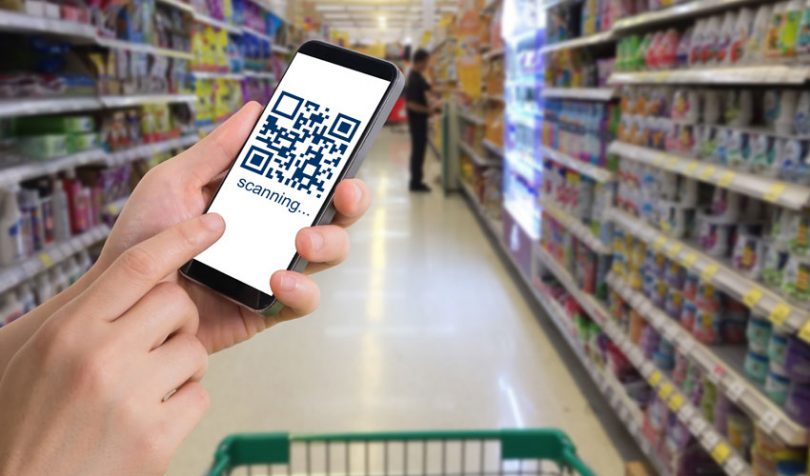Responding to a growing demand from consumers for not just verified and ethical brands, but products too, DNV GL and VeChain have developed a supply chain assurance platform for packaged goods using blockchain technology.
DNV GL says consumers want products to demonstrate a “brand’s promises to be honest and responsible.” These brands try to demonstrate authenticity and the ethical origin of products by communicating product history, corporate reports, and certifications. However, it’s difficult for consumers to discover the exact information relating to a product in a verified way.
DNV GL has launched “My Story” built on the VeChain blockchain as a potential solution to this problem. It promises to allow brands to record and evidence sustainability and quality by recording proof of a product’s supply chain and origins. DNV GL says: “The company must gather evidence from their supply chain of the performance for the characteristics chosen, such as proof of actions by people and machines, documents such as certificates, and collecting or importing data from production systems (ERPs).”
Rather than just marketing collateral, My Story seems focused on more technical facts, like certifications, which can be recorded immutably, and time stamped, using blockchain technology. However, it also aims to deliver this information in an accessible and meaningful way. Hence consumers and stakeholders can access the data using a QR code. Blockchain technology, claims DNV GL means: “Any attempt to manipulate products, existing data or information within the distributed ledger is made impossible.”
DNV GL, which has a history dating back to the 19th century, is a global quality assurance and risk management company and now offers My Story as an enterprise service for its clients. My Story is already being deployed to track Italian wines from grape to bottle for producers Ricci Curbastro, Ruffino and Torrevento. Another deployment is to guarantee the authenticity of clothing.
The steady progression of historic, conventional, companies employing blockchain to solve issues of corporate trust while reducing administration are slowly advancing the adoption of blockchain and distributed ledger technologies (DLT).
DNV GL has also partnered with the People’s Insurance Company of China (PICC) and VeChain to develop blockchain-based insurance solutions which will improve the efficiency and increase the auditability of documentation.
DNV GL holds a minority stake in VeChain and has also worked to co-develop another blockchain platform, a carbon credits solution, to record the carbon footprint of drivers and cars, and reward drivers.
The pair are by no means the only companies to use blockchain for product information, though the emphasis on assurance is new. Another example is ScanTrust which uses it’s copyproof barcodes linked to a blockchain powered by Hyperledger Sawtooth.






